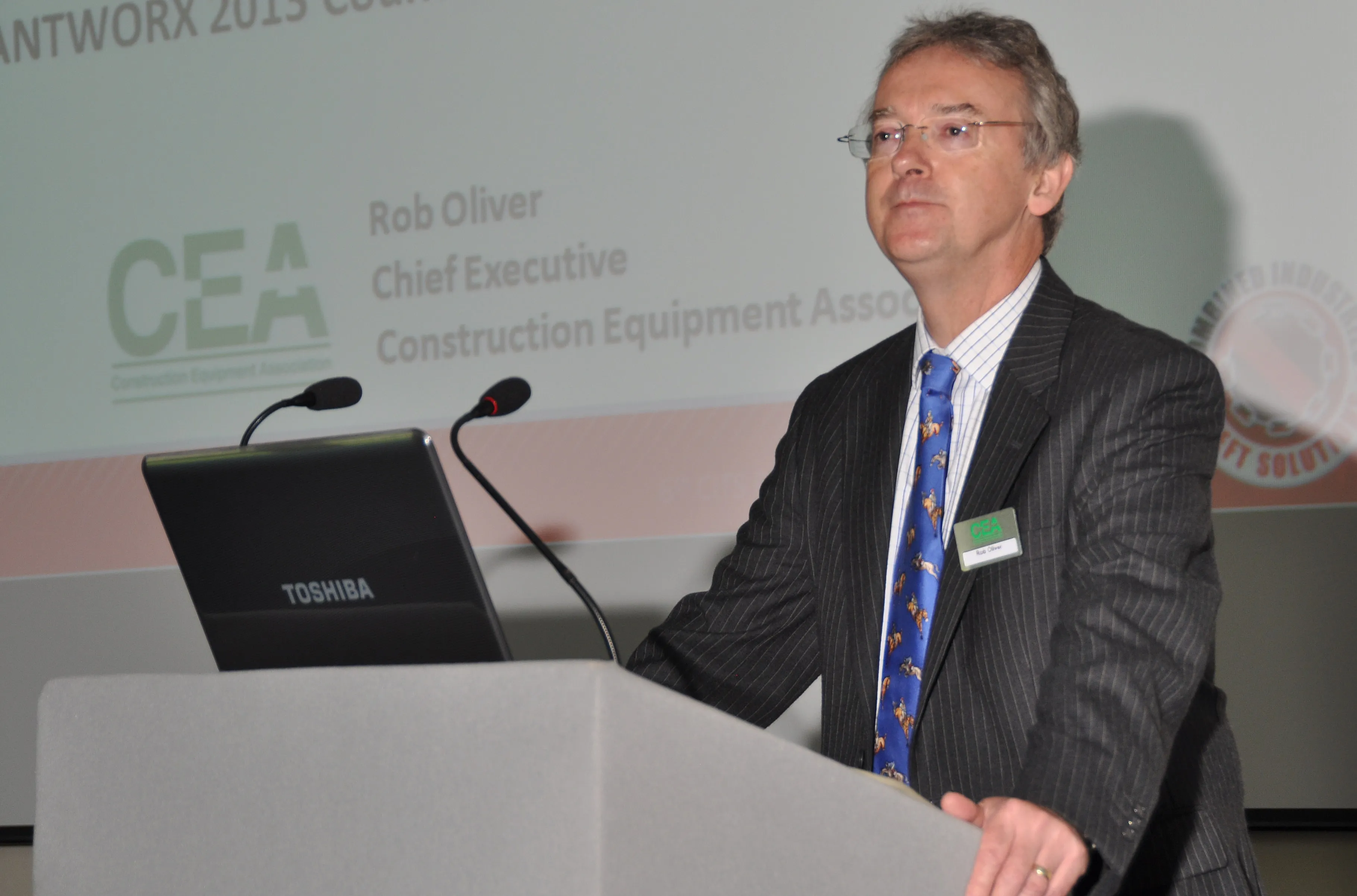The UK’s Construction Equipment Association (CEA) has a Technology Strategy Board, which is commencing a funding competition for research and development projects in the field of off-highway vehicles. There will be a TSB Off Highway Vehicle Networking and Consortium Building Event at the Heritage Motor Centre, Gaydon on Thursday 3rd July. This is a key event for companies considering bidding for funds through the TSB’s new competition covering the construction equipment sector. The event also provides the o
June 23, 2014
Read time: 2 mins
The UK’s 3418 Construction Equipment Association (CEA) has a Technology Strategy Board, which is commencing a funding competition for research and development projects in the field of off-highway vehicles. There will be a TSB Off Highway Vehicle Networking and Consortium Building Event at the Heritage Motor Centre, Gaydon on Thursday 3rd July. This is a key event for companies considering bidding for funds through the TSB’s new competition covering the construction equipment sector. The event also provides the opportunity to meet with new contacts involved in promoting new technology to our sector. Importantly, the TSB is also looking to enhance its current panel of assessors with suitably qualified people from our sector. The role of the assessors is to review the project proposals and to score them on the basis of the value of the technology for which funding is being sought, including its market potential. The current panel of assessors has been primarily involved in looking at proposals under the on-highway Low Carbon Vehicle programme and the CEA is keen that technologists with a background in construction equipment are part of the review team for the new competition. The work of the assessors is paid and is intended to be manageable by those in full-time work. The applications will be sent out on 14th November 2014 and the deadline for the completion of assessment is 25th November.
Senior technologists either currently in the sector, formerly in the sector, or retired who would be interested in becoming assessors are encouraged to contact the CEA in the first instance and will then be put in touch with the TSB. The TSB has procedures in place for managing potential conflicts of interest so candidates working for companies which have been in receipt of TSB funding in the past, or which are considering making an application in the new competition, need not rule themselves out.
Senior technologists either currently in the sector, formerly in the sector, or retired who would be interested in becoming assessors are encouraged to contact the CEA in the first instance and will then be put in touch with the TSB. The TSB has procedures in place for managing potential conflicts of interest so candidates working for companies which have been in receipt of TSB funding in the past, or which are considering making an application in the new competition, need not rule themselves out.







